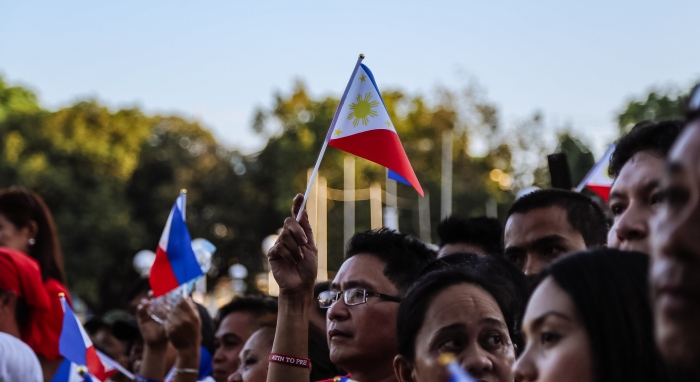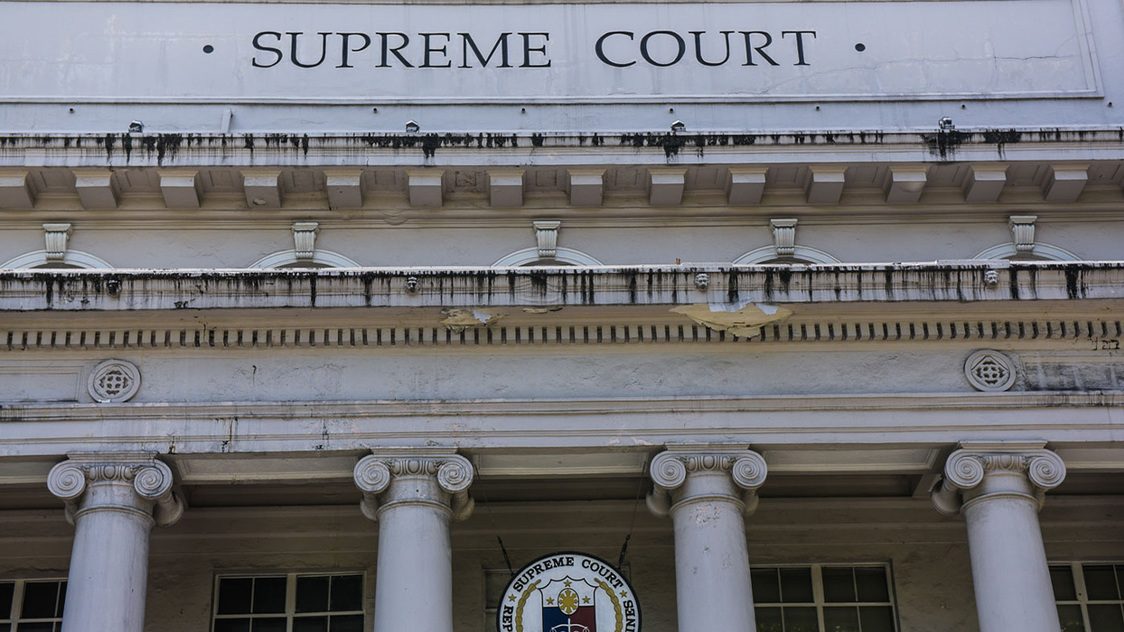What law protects freedom of speech in the Philippines:The primary law protecting freedom of speech in the Philippines is the 1987 Philippine Constitution. Specifically Article III, Section 4, which guarantees freedom of speech, expression, and of the press and so on.

Introduction
Brief overview of the importance of freedom of speech
Freedom of speech stands as a cornerstone of any democratic society. It allows individuals to express their views, beliefs, and opinions without the fear of government reprisal. This form of expression can take place in various forms, be it through the written word, speech, art, or through digital platforms. Nations that prioritize free speech often see higher levels of citizen participation, more robust public discourse, and greater transparency in governmental actions.
Laws and Provisions Protecting Freedom of Speech in the Philippines
| Law/Constitutional Provision | Description |
|---|---|
| 1987 Philippine Constitution, Article III, Section 4 | Explicitly guarantees the freedom of speech, expression, and of the press. It states: “No law shall be passed abridging the freedom of speech, of expression, or of the press, or the right of the people peaceably to assemble and petition the government for redress of grievances.” |
| Republic Act No. 53 (Sotto Law) | Protects journalists from being forced to name their sources, unless the court or a House of Congress finds that such revelation is demanded by the security of the State. |
| Republic Act No. 10175 (Cybercrime Prevention Act of 2012) | While primarily dealing with cybercrime offenses, it has provisions that touch upon freedom of expression, especially regarding libel in the online sphere. |
| Republic Act No. 10743 (Official Gazette Law) | Mandates transparency in governmental actions and decisions, indirectly fostering a culture of freedom of speech and expression. |
| Batas Pambansa Blg. 880 (Public Assembly Act) | Regulates the right of the people to peaceably assemble and conduct peaceful demonstrations, rallies, and public meetings. |
The Philippine Constitution: The Primary Guardian
The Philippine Constitution is the utmost legal document of the Philippines, representing the very foundation of the nation’s democratic principles. Drafted in 1987 after the People Power Revolution, it enshrined various liberties aimed at safeguarding the rights of Filipino citizens. Its influence on shaping the country’s understanding of human rights, especially freedom of speech, is profound ,law protects freedom of speech in the Philippines.
Article III, Section 4: Explicit Protection of Free Speech
This section of the Constitution explicitly guarantees the freedom of speech, expression, and of the press, as well as the right of the citizens to assemble peacefully and petition the government for redress of grievances. The exact wording is:
Interpretations of the Constitutional Provision
- Limits to Free Speech: While Filipinos enjoy broad freedom of speech rights, the Constitution doesn’t protect libelous, slanderous, or seditious expressions. Hence, individuals are still subject to legal actions if their expressions harm someone’s reputation or incite violence.
- Digital Era Considerations: With the advent of the internet, questions about the extent of freedom of speech in digital platforms arise. Courts have dealt with cases related to cyberbullying, fake news, and online libel, often leaning on the spirit of Article III, Section 4 for guidance.
- Media and Press Freedom: While the media enjoys freedom, it’s also responsible for unbiased and accurate reporting. Any potential bias, especially when it affects public interest, is subject to scrutiny under the lens of the Constitution.
Case Law: Landmark Decisions on Free Speech
Salonga v. Pano: Distinguishing between advocacy and incitement
In the landmark case of Salonga v. Pano, the Philippine Supreme Court dealt with the nuanced difference between mere advocacy and incitement to imminent lawless action. The petitioner, Senator Jovito Salonga.It was detained without a warrant due to his alleged involvement in subversive activities against the government. The Court emphasized that while the state has the right to protect itself, mere advocacy or teaching of a doctrine is insufficient ground for an infringement on free speech rights unless it incites imminent lawless action .
In re Jurado: Press freedom and libel considerations
In re Jurado tackled the issue of press freedom in the context of libel. The case underscored the responsibility of journalists to ensure the accuracy and fairness of their reporting. While the Constitution upholds press freedom, journalists are not exempted from libel charges if they make false allegations or statements damaging to an individual’s reputation. This case is a reminder that freedom of the press, though paramount, carries with it certain responsibilities.
Other notable Supreme Court rulings
The Philippine Supreme Court has had numerous rulings that touch on the subject of freedom of speech:
- Chavez v. Gonzalez: This case highlighted the limitations placed on government officials in restricting media broadcasts, especially when such restrictions are based on arbitrary judgments of content.
- ABS-CBN v. Comelec: Here, the court defended media entities’ right to air election-related content, emphasizing the media’s essential role in informing the public during crucial election periods.
- Navarro v. Ermita: The Court upheld citizens’ right to peaceably assemble and protest, acknowledging that while there may be restrictions for public order, these must be minimal and necessary.

Comparative Analysis: The Philippines versus other ASEAN countries
The Association of Southeast Asian Nations (ASEAN) is a regional intergovernmental organization comprising ten Southeast Asian countries, each with its own unique approach to governance and human rights. In the realm of free speech, there’s a varying landscape among member states, providing a rich ground for comparative analysis law protects freedom of speech in the Philippines.
A look into neighboring countries’ freedom of speech provisions
The Philippines, with its democratic setup, boasts a robust freedom of speech provision rooted in its Constitution. However, let’s see how it compares to some of its ASEAN neighbors:
- Singapore: Singapore adopts a more restrictive approach. While there is a constitutional guarantee for freedom of speech, there are significant limitations, especially concerning issues of national security, public order, and racial and religious harmony.
- Thailand: The situation in Thailand is fluid. Over the years, coups and changing monarchies have impacted the landscape of free speech. Lèse-majesté laws, which prohibit defamation of the monarchy, further complicate the freedom of speech scenario.
- Indonesia: Being the world’s largest island country and having a diverse population, Indonesia guarantees freedom of speech in its Constitution. However, there have been concerns over its blasphemy laws and how they impact freedom of expression.